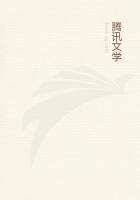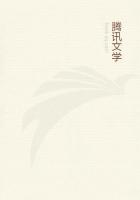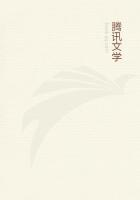His first great work was a commentary of about twelve hundred pages on the "Book of Sentences," in the Parma edition, which was received with great admiration for its logical precision, and its opposition to the rationalistic tendencies of the times. In it are discussed all the great theological questions treated by Saint Angustine,--God, Christ, the Holy Spirit, grace, predestination, faith, free-will, Providence, and the like,--blended with metaphysical discussions on the soul, the existence of evil, the nature of angels, and other subjects which interested the Middle Ages. Such was his fame and dialectical skill that he was taken away from his teachings and sent to Rome to defend his Order and the cause of orthodoxy against the slanders of William of Saint Amour, an aristocratic doctor, who hated the Mendicant Friars and their wandering and begging habits. William had written a book called "Perils" in which he exposed the dangers to be apprehended from the new order of monks, in which he proved himself a true prophet, for ultimately the Mendicant Friars became subjects of ridicule and reproach. But the Pope came to the rescue of his best supporters.
On the return of Thomas to Paris he was made doctor of theology, at the same time with Bonaventura the Franciscan, called "the seraphic doctor," between whom and Thomas were intimate ties of friendship.
He had now reached the highest honor that the university could bestow, which was conferred with such extraordinary ceremony that it would seem to have been a great event in Paris at that time.

